Mystery Drones Over New Jersey: A Wake-Up Call for Cities Nationwide
The skies above New Jersey have become ground zero for a situation that every city leader should be watching closely. Since mid-November, thousands...
2 min read
Airspace Link : Oct 17, 2024 3:16:19 PM
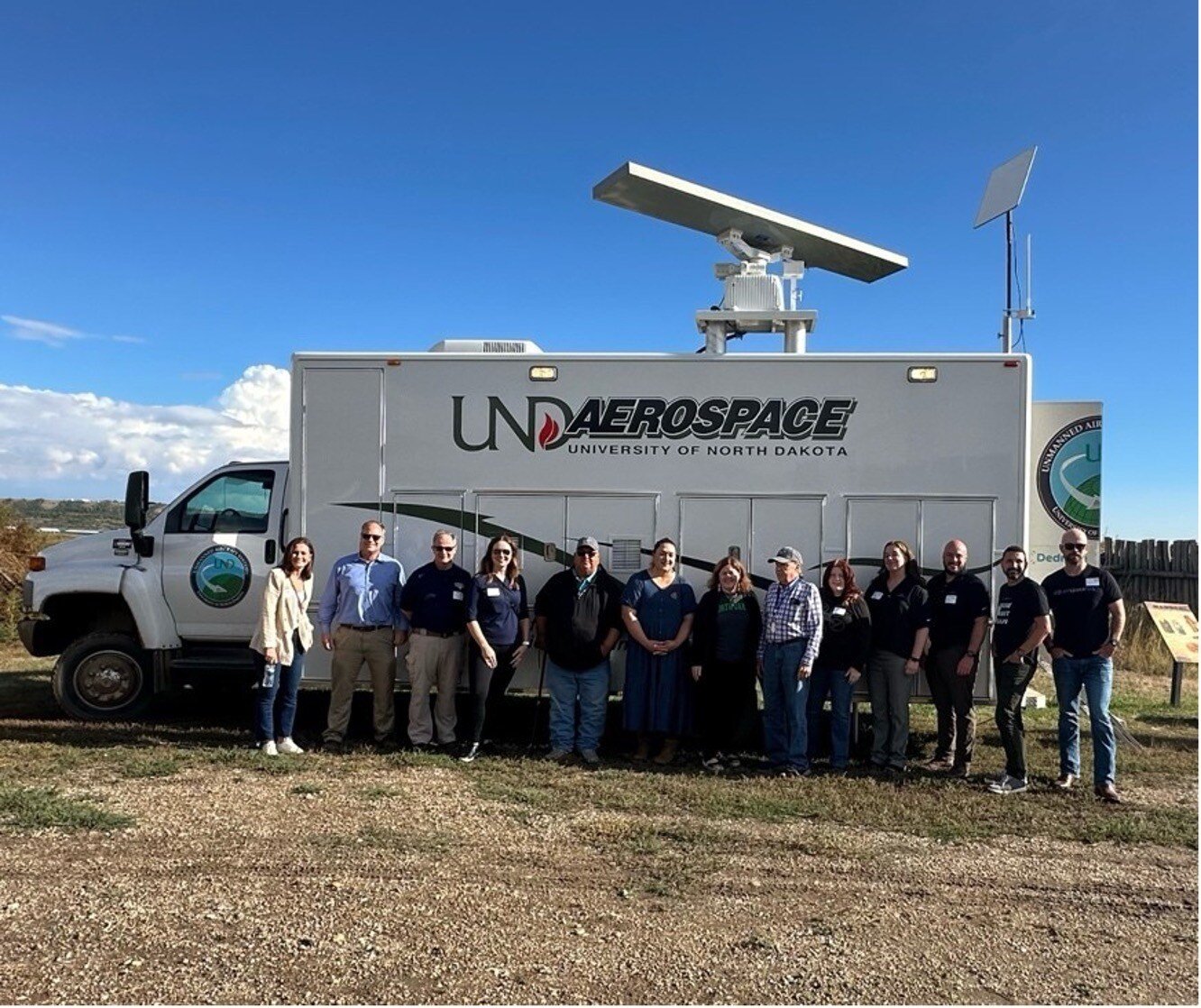
Airspace Link is proud to have played a key role in the groundbreaking MHA Drone Project, a initiative funded by a U.S. Department of Transportation grant. This project, which took place last month, demonstrates the power of drone technology to address critical needs in rural and remote areas, particularly within Tribal lands.
The MHA Nation and Project Background
The Mandan, Hidatsa and Arikara (MHA) Nation, also known as the Three Affiliated Tribes, is located on the Fort Berthold Indian Reservation in central North Dakota. The reservation faces unique challenges in accessing healthcare services due to its geography and history. The flooding of Tribal lands to build the Garrison Dam created significant barriers to healthcare access, with some routes requiring up to 96 miles of travel for what would be a 40-mile direct path across the Missouri River.
Project Objectives and Outcomes
The MHA Drone Project aims to address these challenges by demonstrating how unmanned aircraft systems (UAS) can support rural medical delivery between health clinics within Tribal lands. The project's first phase focused on several key objectives:
Airspace Link's Contribution
Our team at Airspace Link was honored to support this vital project. Our contributions included:
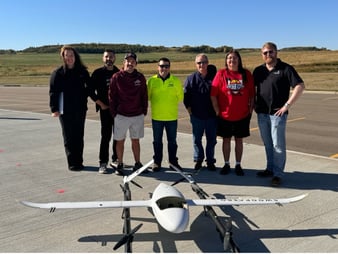
As a result of this successful collaboration, the MHA Nation is now using the AirHub® Portal for UAS planning and operations. This common technical platform not only supports their current operational needs but also aligns with their workforce development goals and future UAS plans.
Looking Ahead: Project Impact and Future Phases
The MHA Drone Project represents a significant step forward in leveraging technology to improve quality of life in remote areas. By demonstrating the feasibility of drone-based medical deliveries, this project lays the groundwork for expanded services and increased healthcare access for Tribal members.
The next phase of the project promises to build upon the successes and learnings of the initial stage. It will focus on strengthening the government-to-government relationships developed during the first phase, while continuing to support and develop the locally trained workforce. This phase will also see the application of additional use cases identified in the initial assessment, further expanding the potential benefits of drone technology for the MHA Nation. Moreover, it aims to deepen the community's understanding and application of autonomous systems to address basic needs, potentially revolutionizing service delivery in this remote area.
At Airspace Link, we're excited to see how this project evolves and the positive impact it will have on the MHA Nation community. We remain committed to supporting innovative drone applications that address real-world challenges and improve lives.
To learn more about the MHA Drone Project and its outcomes, please visit the official project page: MHA Drone Project.
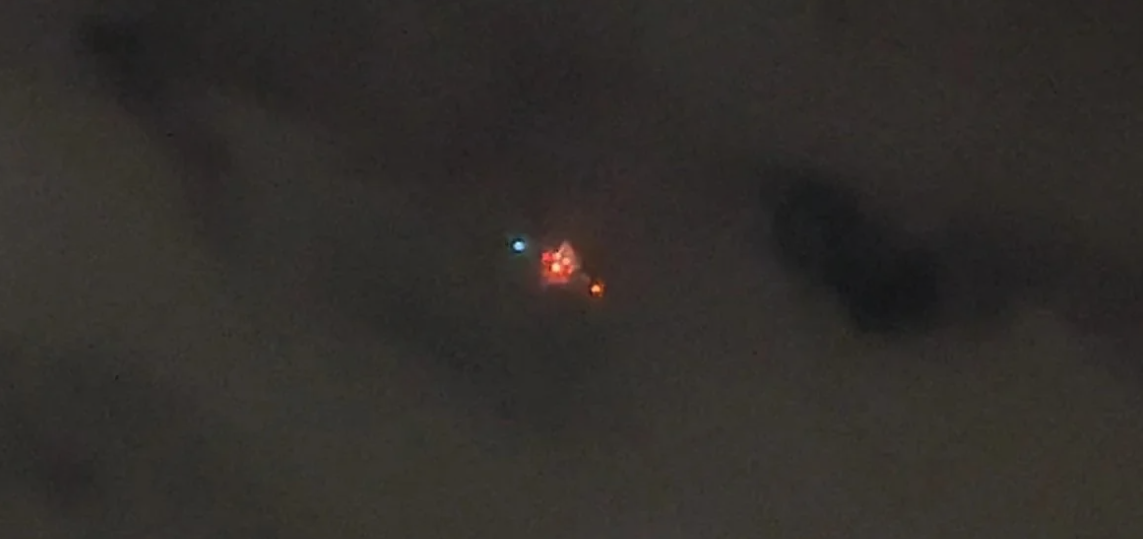
The skies above New Jersey have become ground zero for a situation that every city leader should be watching closely. Since mid-November, thousands...
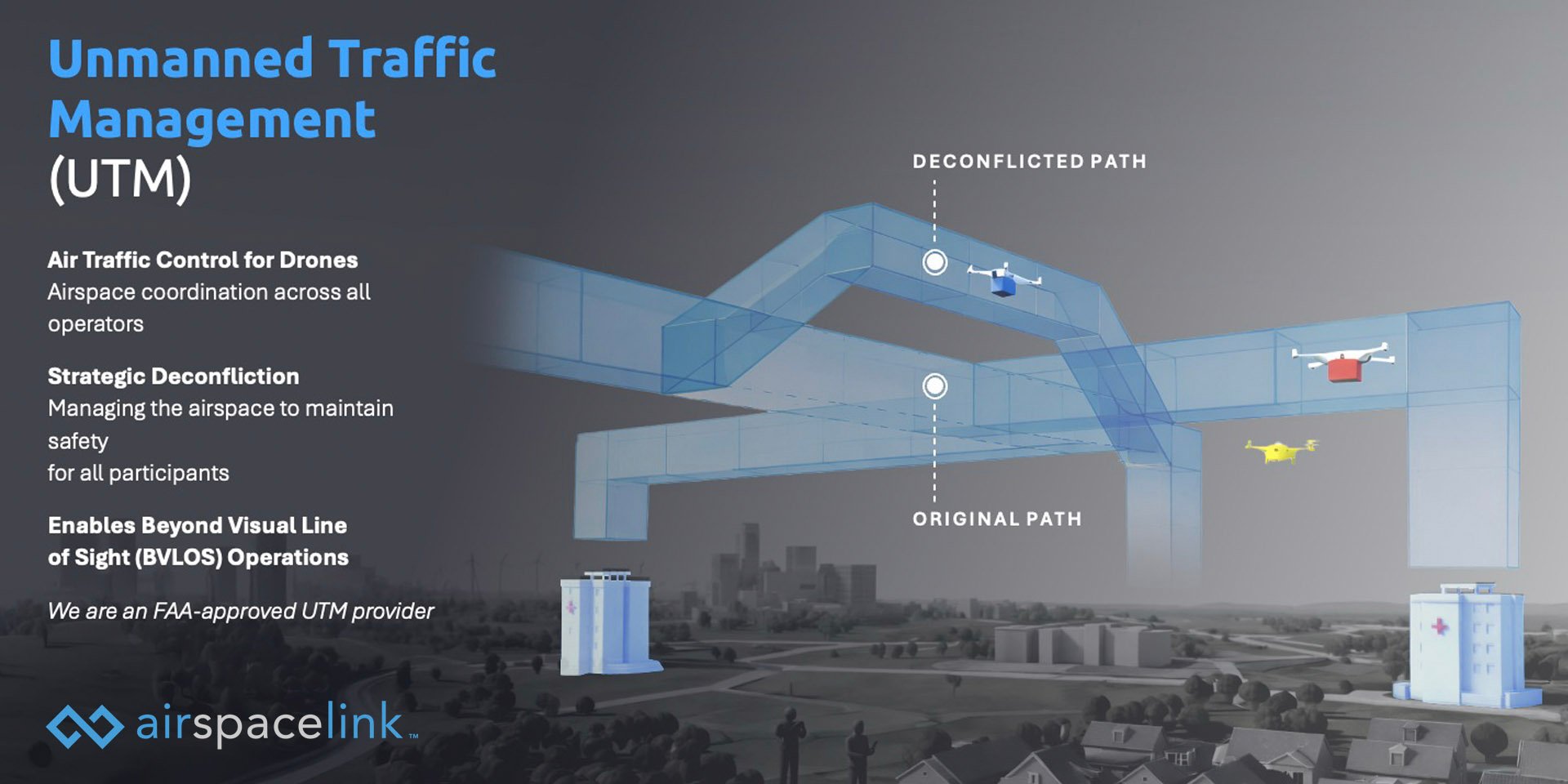
The future of package delivery is arriving faster than most cities realize—and it's bringing an invisible infrastructure challenge with it.
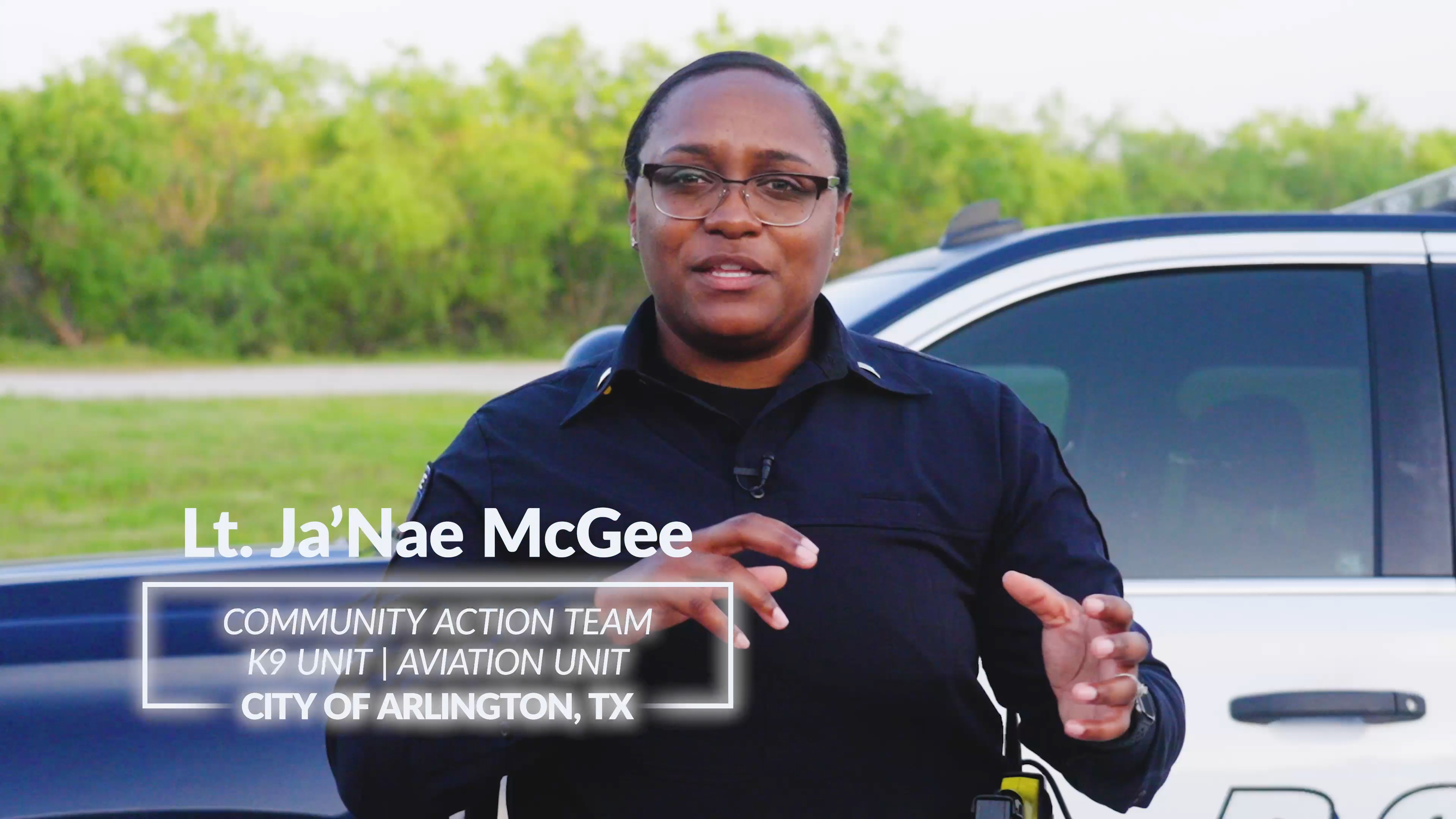
Police and fire departments across the country are embracing drone technology to create safer communities and respond more quickly to...